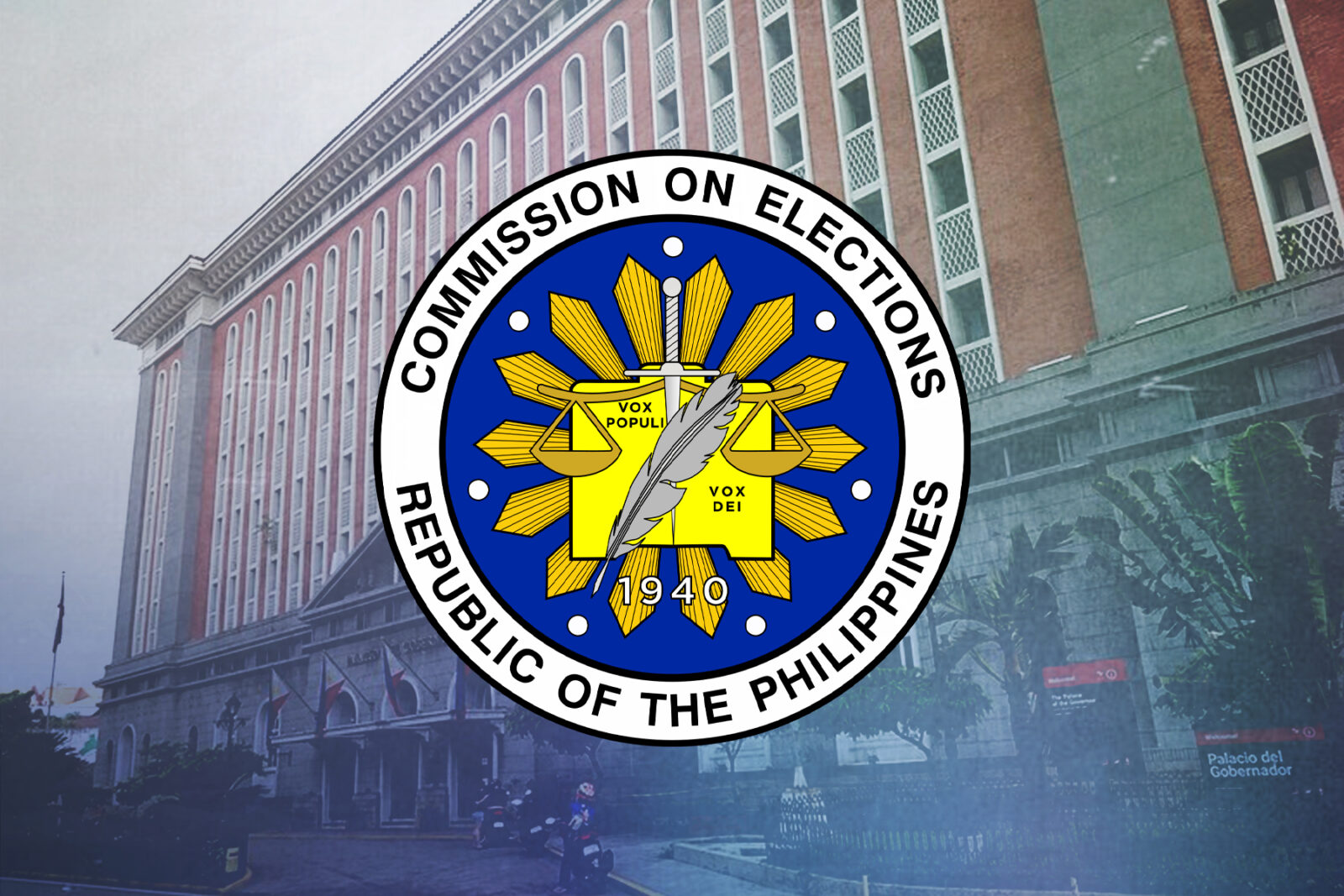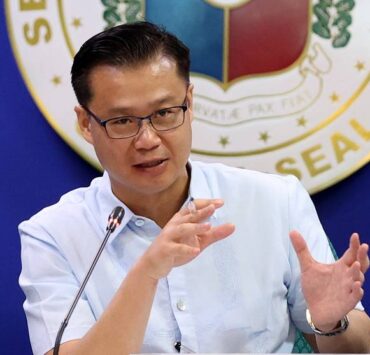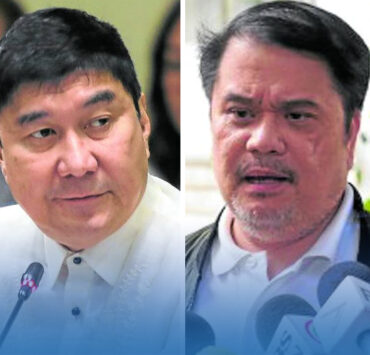Comelec eyes shutdown of unregistered socmed campaigners

More than two months after the deadline set by the Commission on Elections (Comelec) to register their social media accounts for their campaigns, only 29 of the 66 senatorial candidates and 85 of the 155 party list groups have complied, with the rest likely to lose the opportunity of using the internet for their midterm poll propaganda.
Comelec’s Feb. 7 Resolution No. 25-0167, which was made public on Friday, listed the approved social media accounts and digital campaign platforms of the candidates and parties that were compliant with the poll body’s registration requirement. (See tinyurl.com/muawf8xc)
Comelec told the noncompliant senatorial candidates and party list groups that they may remove or take down their online content, social media platforms or accounts, otherwise the technology platforms and providers or the concerned law enforcement agency would remove them at the request of its Task Force KKK sa Halalan.
Last November’s Comelec Resolution No. 11064-A required social media accounts and pages, websites, podcasts, blogs, vlogs and other online and internet-based campaign platforms of candidates and parties to register with the Education and Information Department (EID) of the poll body.
Task Force KKK
It had given the candidates and parties up to Dec. 13 to register after they filed the certificates of candidacies in early October. Comelec Chair George Garcia said there would be no extensions.
Task Force KKK (Katotohanan, Katapatan at Katarungan) sa Halalan was set up to, among others, implement Comelec’s guidelines on the use of social media, artificial intelligence and internet technology for digital election campaign and the prohibition and punishment of its misuse for disinformation and misinformation.
Comelec and the task force signed a “pledge of support” with technology platforms such as Meta (Facebook), TikTok and Google to monitor and implement the guidelines. TikTok said it would not allow political campaign posts on its platform. At least three senatorial candidates who had problems with their registration said they had not been officially informed that their social media and online platforms would be taken down.
In compliance
The social media compliant candidates include 10 from the Makabayan coalition, four from the Partido Demokratiko Pilipino-Lakas ng Bayan (PDP-Laban), two from Lakas-Christian Muslim Democrats (Lakas-CMD), one each from Partido Federal ng Pilipinas, Liberal Party, Nacionalista Party, Katipunan ng Nagkakaisang Pilipino, Bunyog Pagkakaisa Party and seven independents. One of the 29 candidates has withdrawn.
Commissioner John Rex Laudiangco, the Task Force chief and EID head, said there were four senatorial candidates and 12 party list groups that were “partially compliant” with the registration requirements.
They had registered online via Google Forms and transmitted hard copies of the required documents, but in some cases, the uploaded soft copies and transmitted hard copies did not match or had incomplete documents.
Measure vs disinformation
In other cases, the hard copies of the required documents were filed late and some had failed to notarize some of the documents. Still, others showed different social media campaign managers for the same candidate or party.
Comelec directed them to “fully comply” but did not say when they should do so.
Comelec first issued its rules on social media campaign platforms in September last year with Resolution No. 11064.
The regulation was intended to stop the spread of misinformation and disinformation and level the playing field in online campaigning. It would also empower the poll body to monitor the online campaigns and spending by candidates.
However, election watchdogs and other stakeholders criticized the resolution for having an overly broad scope, which might infringe on the right to free speech and privacy.
Rules relaxed
The original resolution that was approved by Comelec required the registration of all official social media accounts and pages, websites, podcasts, blogs, vlogs and other online and internet-based campaign platforms of the candidates, parties, their campaign teams as well as private individuals or entities that endorse the “election or defeat” of a candidate.
Comelec eventually relaxed its rules on private personalities and entities, including so-called “online influencers,” who might be used for campaigning.
The amended resolution, No. 11064-A, removed the sanctions on private individuals for failure to register their social media accounts, websites and digital and internet-based campaign platforms. —WITH A REPORT FROM INQUIRER RESEARCH

















